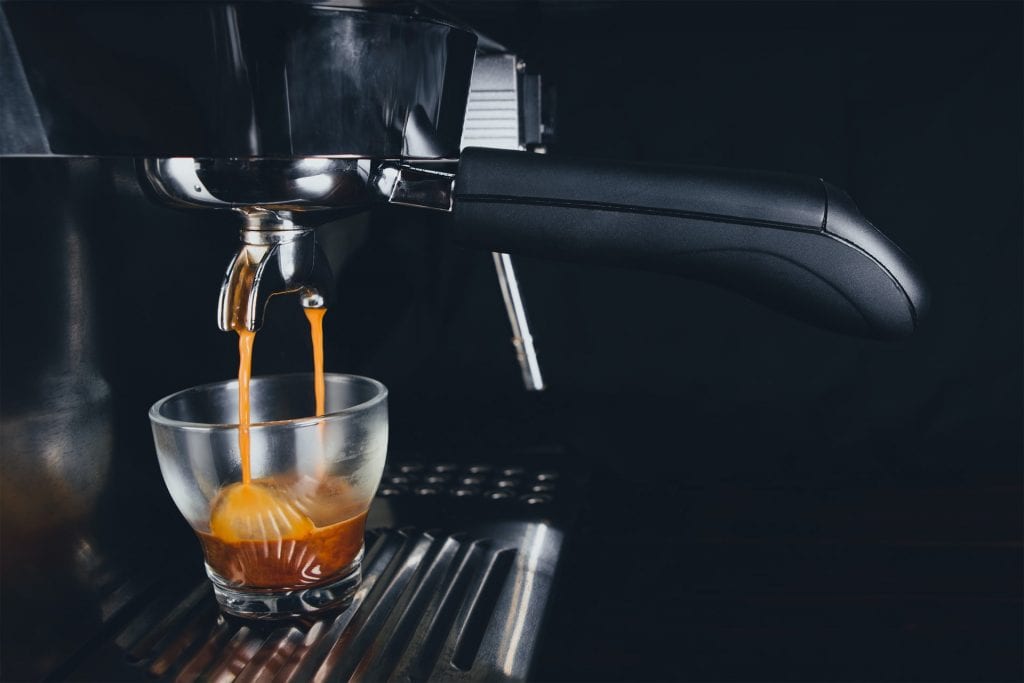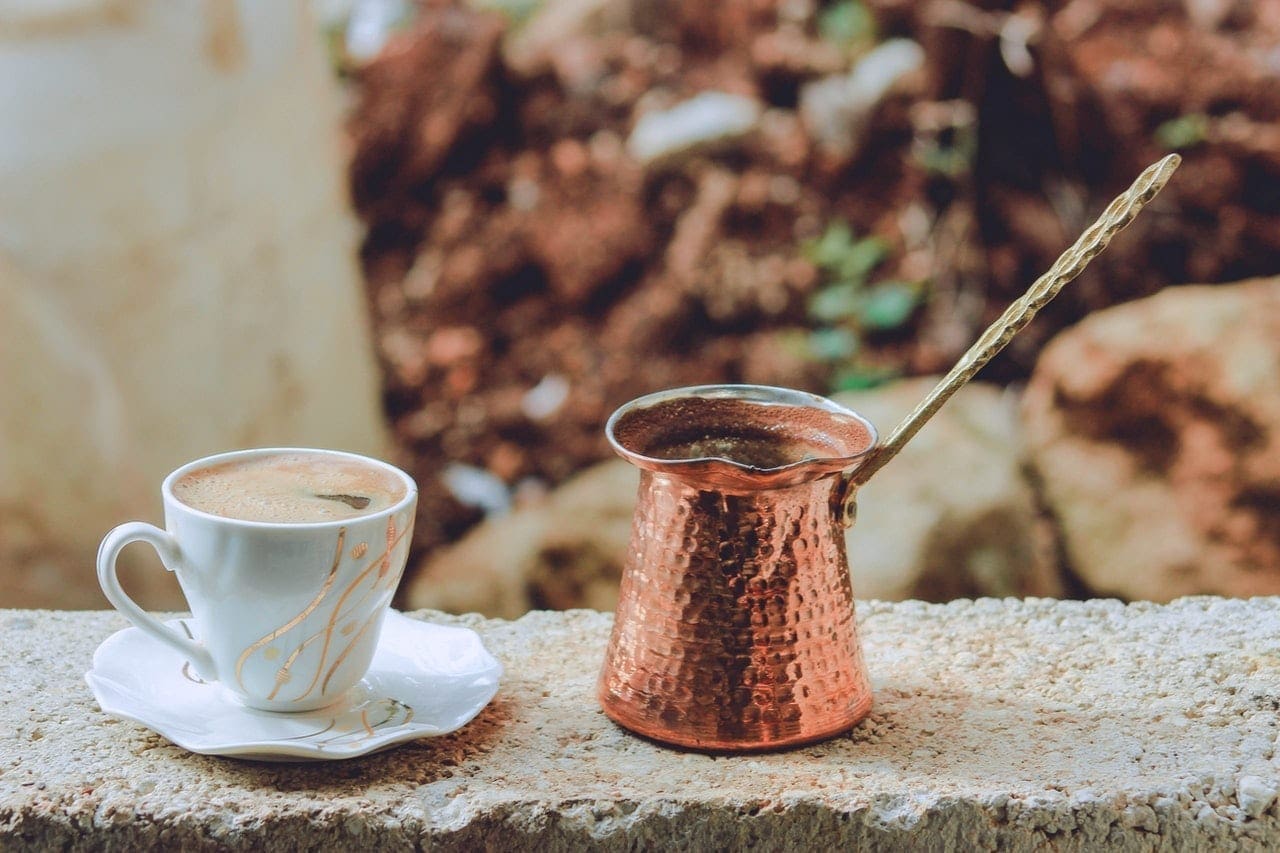One would think that making coffee was just as simple as pouring hot water over powdered or grounded coffee. Years ago, a direct answer to how coffee was made would be straightforward: use espresso or an Americano.
However, it would be complicated if you’ve never tried to make your coffee and easy if you already have. There are new and innovative coffee-making methods available today.
This guide brings you some of the most popular and easy ways to make your coffee.
Pour Over Technique
The Pour-over method is a classic technique that dates back over 100 years to Melitta Bentz’s initial prototypes. It is also known as hand drip coffee and has recently been reborn.
You’d need a gooseneck kettle, a paper filter, scale, filtered water(350 ml), a pour-over brewer, and ground coffee (21 g).
Place the brewer on top of your scale and add some ground coffee to the filter. Shake the brewer to even the coffee grounds as this will help the extraction process.
You can decide to enhance your coffee by creating a bloom. That can be done by zeroing out your scale. Set a timer and slowly pour the filtered water around 200 degrees F till it doubles the coffee’s weight with about 45g of water. Ensure that the ground coffee is covered with water touching any dry spots after the initial pour. You’ll see bubbles leaving the coffee grounds. Then, wait for 45 seconds.
Pour hot water slowly in a circular motion, but make sure your temperature is about a few degrees of 200 F. Pour close to half of the water when you start, then when it drops a little, refill. This is the aspect of this technique that needs constant practice because you wouldn’t want all the water to drip out too fast or too slowly. If the water starts pouring from the top of your brewer, slow a little bit down or pause temporarily to avoid an overflow.
Watch the coffee closely while the water drips through, and when the ground coffee begins to appear, take the brewer from the mug and place it in a different cup to drain. When water is taking too much time to drain, you can decide to pour faster or set your grinder to blend a little coarser. If it’s draining too quickly, pour more slowly or blend finer. The next thing to do is to serve and taste your coffee.
Espresso

Fill your espresso machine’s reservoir before you switch it on and give it enough time to warm up. There’s no specific time range, so be sure it’s up to temp before using.
If there’s a temperature display on the espresso, ensure that once the water gets to the brewing temp, you allow the rest of the coffee maker to warm up till it gets to the operational temperature. This would include the group head, portafilter, and other internal components that would need more energy before reaching a stable temperature.
Grind coffee into the portafilter, as required by your basket specification. Ensure distributing the ground coffee throughout the basket using a manual tapping, shaking, or settling method.
Tamp your coffee dose firmly and try to be as even as you can with the tamper. Then lock the portafilter into the group head with caution. Align the vessel and scale below the portafilter, then start brewing. You can do that by engaging your pump to begin the brewing process.
Stop the pump before the extraction process gets to your desired outcome. Then mix, sip, and taste the end product with other ingredients of your choice. x
The French Press
The French press, also known as the immersion technique, brews by directly immersing ground coffee in hot water. This method is opposed to letting water pass through the ground coffee before going through a filter. It is advisable to use a coarser grind since the grounds will constantly contact water. A fine grind will leave your brew bitter and over-extracted. When this technique is done right, it becomes more robust and richer than pour-over coffee because none of the flavorful oils would be lost to a paper filter.
The technique is quite simple. Pour the ground coffee into the carafe and fill it with boiling water before stirring it to ensure it is well saturated. Wait for four minutes; put the lid on and gradually deploy the plunger to press the ground coffee from the water through to the bottom of the carafe.
There you have it: freshly brewed French press coffee. After brewing the coffee, sieve it into your mug without wasting time. Don’t let it stay in the device for a long time, as it can get sludgy.
There are lots of ways to make exquisite coffee. You can only know which method is best for you when you try them out. A factor you want to consider when picking a technique is your budget.
About the Author/s
The New Jersey Digest is a new jersey magazine that has chronicled daily life in the Garden State for over 10 years.

1 comment
This is good tips for coffee lovers that how to keep your coffee safe in containers. I’m great coffee lover.